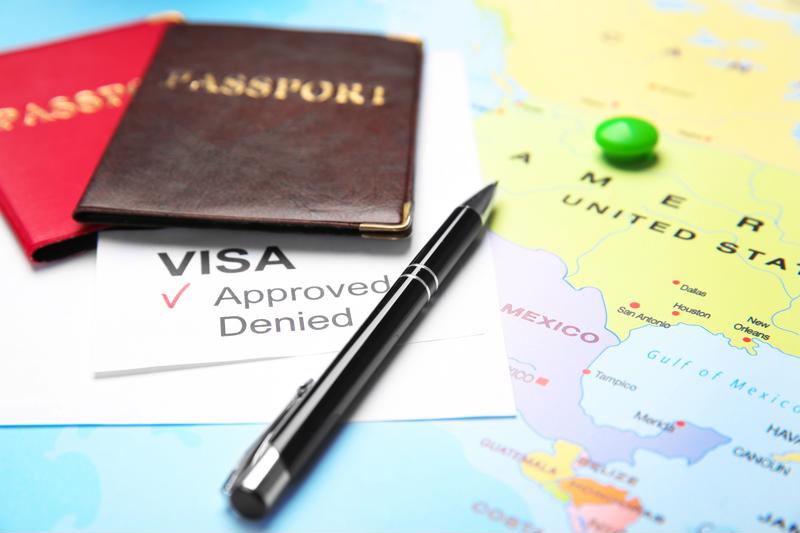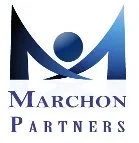
Staffing firms finding elite talent for tech giants through the H-1B visa program
For more than a decade, the H-1B visa program overseen by U.S. Citizenship and Immigration Services along with the Department of Labor, has been one of the primary conduits through which American companies across all industries have found and acquired highly skilled workers to fill critical tech positions. This visa category, broadly categorized by USCIS as pertaining to "specialty occupations," is intended for foreign nationals who possess elite talents (and a bachelor's degree or greater) in highly specialized fields and positions.
While a significant portion of the H-1B workers whom businesses bring on are direct hires, recent research has shown that companies are also making deals with staffing agencies to work as go-betweens and find these foreign workers at a greater rate than ever before, due to issues with H-1B application approval. Businesses taking this approach include some of the best-known organizations in the tech sector like Apple, Microsoft, Google and Facebook. Companies that might have directly sought and hired H-1B workers in the past may find themselves well-served by similar partnerships with tech staffing firms, to minimize potential complications.
Issues with the H-1B process
Enforcing federal immigration laws related to employment in a manner that prioritizes U.S. job-seekers emerged as a key focus of the new administration immediately after President Donald Trump took office in January 2017. Actions like the Buy American and Hire American executive order serve as just the most visible examples of this federal priority. Executive-branch departments and agencies (mostly Homeland Security and its divisions, like USCIS) have done the most to carry out this mandate, and denials of companies' H-1B requests are a notable way in which such practices have manifested themselves in recent years.
According to the USCIS' own data, denial rates of initial H-1B visa applications are rising, and businesses are filing more appeals of those decisions (in spite of the lengthy processes required) because of how much they need workers with high-end tech skills. This, in turn, is facilitating an uptick in reversals of the agency's initial rulings or demands for application reevaluation by the USCIS Administrative Appeals Office. Between the 2017 and 2018 fiscal years, sustained appeals jumped from 22 to 142, while remands for further review rose from 44 to 72 over the same period.
Employment- and visa-law specialist William Stock of Klasko Immigration Law Partners elaborated on the issue in an interview with Mother Jones and the Center for Investigative Reporting:
"Previously, deniable cases were being denied and approvable cases were being approved," Stock explained. "What we are seeing now is that approvable cases are being denied, so what the [appeals office] is saying is, 'This is an approvable case, it shouldn't have been denied.'"
Shift toward H-1B pros working for 'secondary entities'
Although H-1B approval stood at about 84.8% for the 2019 fiscal year – a slight increase from FY 2018's 84.5%, per The Economic Times – it's well below the 95% rate seen in 2015. As a result, company leaders, including those at some of the world's indisputable tech giants, seem disinclined to take any chances with their efforts to bring foreign tech pros to the U.S.
According to Dice Insights, such organizations have begun working with staffing firms that hire H-1B workers on their clients' behalf and serve as the primary employer on any paperwork filed with USCIS. The places where these individuals will actually be employed, meanwhile, are listed as "secondary entities," often alongside a number of other organizations, allowing them to potentially avoid scrutiny regarding the number of H-1B workers they have on staff. Apple has hired 2,295 H-1B visa holders this way – far more than any other tech giant. Google holds the runner-up spot with 921 such employees, while Microsoft has 545 workers brought on as contractors through staffing firms.
Dice also noted that the benefits of partnering with a staffing agency for managing H-1B worker employment extend beyond issues with visa approval or other regulatory matters: The staffer, as primary employer, will handle all of the HR tasks surrounding these individuals, ranging from oversight of Form I-9 compliance to dealing with the paperwork regarding one worker's move from one secondary entity to another.
Concerns for the future
While it's unlikely that companies' needs for skilled tech workers will ever abate enough to stop them from seeking help from foreign nationals working in the U.S. on H-1B visas, changes to the program may alter their use of it.
For one, starting in 2021, visa applicants will need to electronically register with USCIS before actually submitting their applications (and related supporting documents), and this may lead to their information undergoing closer scrutiny. USCIS is also issuing more Request for Evidence notices to companies that are sponsoring prospective workers' H-1B applications. As a result, it may be wisest for businesses seeking H-1B hires in the immediate future to work alongside staffing experts instead of going it alone.
Uncategorized
